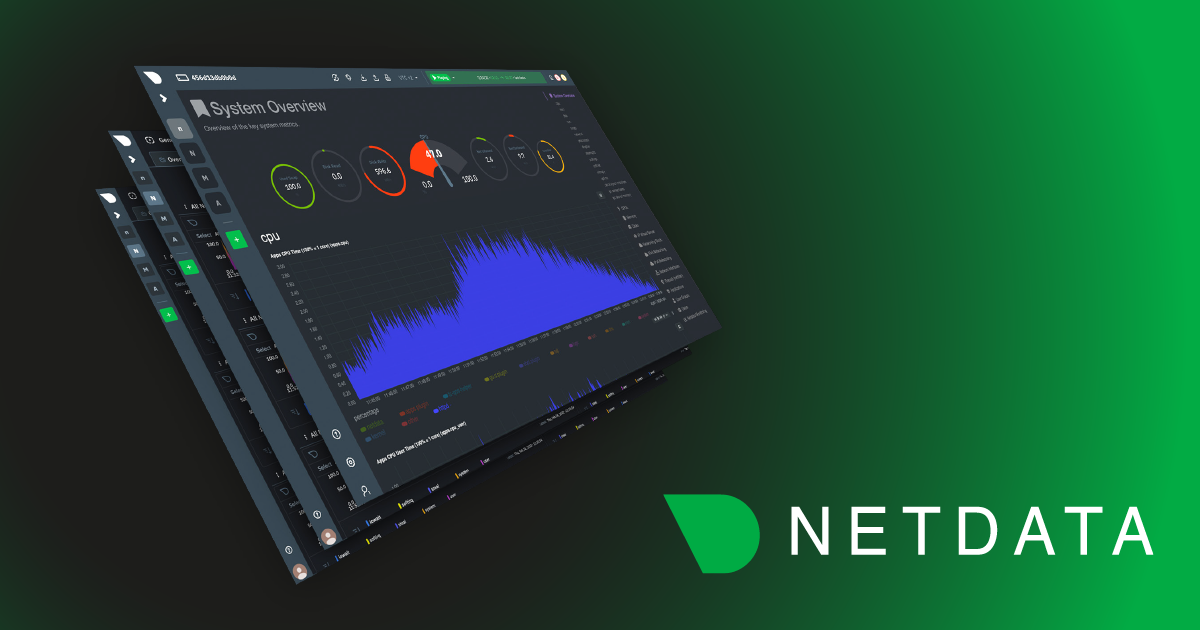
Netdata reads /proc/<pid>/stat for all processes, once per second and extracts utime and
stime (user and system cpu utilization), much like all the console tools do.
But it also extracts cutime and cstime that account the user and system time of the exit children of each process.
By keeping a map in memory of the whole process tree, it is capable of assigning the right time to every process, taking
into account all its exited children.
It is tricky, since a process may be running for 1 hour and once it exits, its parent should not receive the whole 1 hour of cpu time in just 1 second - you have to subtract the cpu time that has been reported for it prior to this iteration.
It is even trickier, because walking through the entire process tree takes some time itself. So, if you sum the CPU utilization of all processes, you might have more CPU time than the reported total cpu time of the system. Netdata solves this, by adapting the per process cpu utilization to the total of the system.